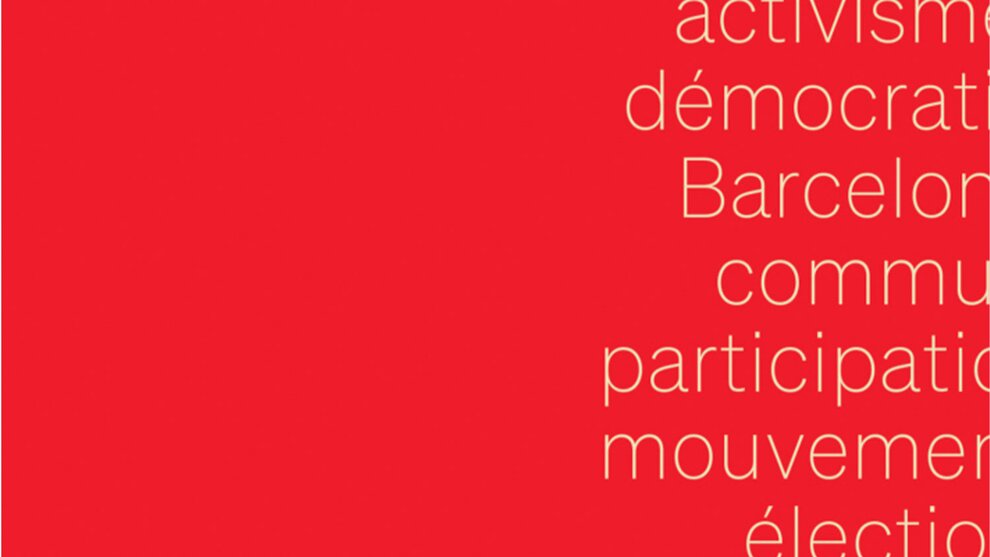The Inclusive Wealth Index. A Sustainability Indicator, Really?

Among recent high-profile propositions to revise national accounts and to provide new indicators of sustainability and well-being, the Inclusive Wealth Framework and the related Inclusive Wealth Index (thereafter IWI), first released during the “Rio+20” Conference, undoubtedly stand out as the most promising endeavour. Built up at the confluence of welfare, development and sustainability economics, the indicator is supposed to bring information about the wealth of nations and their sustainability, in a comprehensive way. The inclusive wealth framework is nevertheless fraught with limitations, due to questionable theoretical assumptions and gaps in data availability. We propose a critical appraisal of the index and its underlying framework. Our conclusion is that these limitations undermine its capacity to reach the goals it was given, and to fulfill the requirements of a satisfactory sustainability indicator. Special emphasis is put on the misleading pretension of (neoclassical) economics to handle highly complex, uncertain and manifold issues, even on theoretical bases renovated by dropping some optimality assumptions. We briefly sketch alternative research avenues, that appear more conducive to the endorsement of strong sustainability, and less prone to economism. Alleged theoretical consistency and elegance should not beguile us when choosing indicators for sustainable and prosperous societies.
The authors
Géraldine Thiry is a post-doctoral research fellow at the Collège d’études mondiales (Fondation Maison des sciences de l’homme) in Paris. She received her PhD from the Department of Economics at the University of Louvain (UCL) in May 2012. She holds Master’s degrees in Economics and in Political sciences (International relations) from the University of Louvain. Between September 2012 and December 2013, she was researcher in the FP7 European Project « BRAINPOoL » (BRinging Alternative Indicators Into Policies) at the Free University of Brussels (ULB). Her main areas of research are new indicators beyond GDP, the socio-economics of quantification, critical accounting and ecological economics.
Philippe Roman is a PhD candidate in Economics at REEDS (University of Versailles Saint-Quentinen-Yvelines, UVSQ). He is currently teaching assistant in economics at the Institute of Latin American Studies (IHEAL, Sorbonne Nouvelle – Paris 3). He holds Bachelors in Sociology and Econometrics from the Ecole normale supérieure Lettres et sciences humaines (ENS LSH, Lyon), and Master’s degrees in International economics (ENS LSH) and Ecological economics (UVSQ). He obtained the Agrégation in Economics and social sciences in 2008. His doctoral work focuses on project appraisal frameworks including sustainability and equity issues, with .special emphasis on water development projects. He specifically studies a case of water transfer in Northeastern Brazil.





